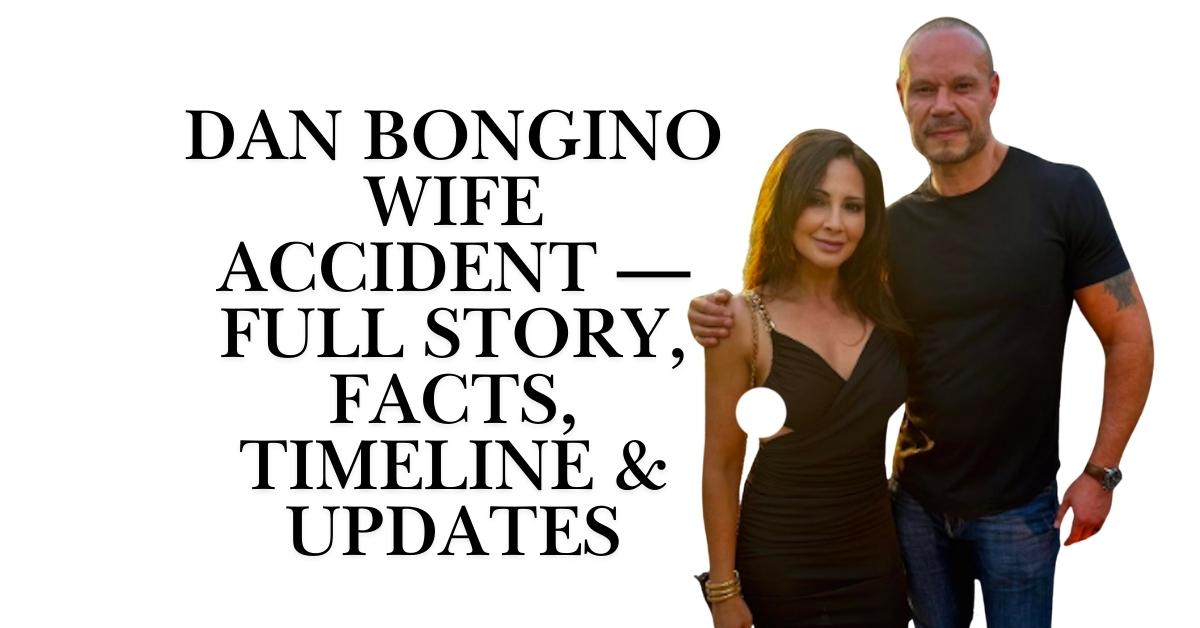In today’s connected world, online communities have transformed how people meet, communicate, and build relationships. One of the most significant developments in recent years has been the growth of LGBTQ+ social platforms, designed to offer safe, inclusive spaces where individuals can express themselves freely and connect with others who share similar experiences and identities.
Websites such as FabGuys, Grindr, and Her have become part of this evolving landscape — not just for dating but also for fostering a sense of belonging among people who often face social barriers offline.
Why LGBTQ+ Platforms Matter
For decades, LGBTQ+ people had limited opportunities to meet others like themselves, especially in smaller towns or conservative regions. Online spaces have changed that dramatically by:
-
Encouraging inclusivity – Platforms welcome diverse gender identities and sexual orientations.
-
Providing anonymity and safety – Users can connect while maintaining privacy.
-
Building supportive communities – Beyond dating, many users find friendships and mentorships online.
-
Empowering self-expression – These platforms allow people to define their own identity, away from stereotypes.
Such spaces bridge gaps that traditional social networks often overlook, providing visibility and acceptance.
Platforms Like FabGuys and Their Role
FabGuys is an example of an online platform that specifically caters to men within the LGBTQ+ community. While its primary function is social connection, the broader purpose lies in creating a network where members feel accepted and free to communicate without judgment.
Other platforms, such as Grindr, Scruff, and Taimi, have also focused on combining technology with inclusivity. They’ve introduced safety tools, anti-harassment measures, and location-based features to make online interactions easier and safer.
How Technology Has Enhanced LGBTQ+ Networking
Advancements in mobile apps and online platforms have made communication faster, safer, and more personalized. Modern algorithms now allow people to connect based on shared interests, values, and experiences — not just proximity.
-
AI-powered moderation helps detect inappropriate behavior.
-
Location-based filters make it easier to meet people nearby.
-
Community guidelines promote respect and inclusivity.
This balance of freedom and safety has made online LGBTQ+ networking more accessible than ever before.
Challenges Facing LGBTQ+ Platforms
Despite their progress, these spaces still face challenges:
-
Privacy concerns – Protecting user data remains critical.
-
Online harassment – Hate speech and trolling continue to pose risks.
-
Representation issues – Not all groups within the LGBTQ+ community feel equally represented.
To address these issues, platforms are investing in stronger privacy settings, identity verification, and better content moderation.
The Future of LGBTQ+ Social Platforms
The next phase of LGBTQ+ social networking may focus on:
-
Inclusivity beyond dating – Expanding into wellness, education, and activism.
-
Virtual events and communities – Bringing people together through digital gatherings.
-
Better mental health support – Integrating resources for emotional wellbeing.
As technology continues to evolve, so does the potential for these platforms to create meaningful impact — both socially and personally.
FAQs About LGBTQ+ Social Platforms
1. What are LGBTQ+ social platforms?
They are websites or apps designed to connect people within the LGBTQ+ community, often offering spaces for dating, friendship, and discussion.
2. Are these platforms safe to use?
Most modern platforms include privacy controls and reporting tools, but users should always follow basic online safety practices.
3. Do LGBTQ+ platforms exist outside of dating?
Yes! Many platforms now focus on mental health, education, and social activism — expanding far beyond dating purposes.
4. How is technology shaping the LGBTQ+ community online?
Technology has made it easier for people to connect globally, share experiences, and advocate for equality in new ways.
Conclusion
Online LGBTQ+ platforms — including those like FabGuys, Her, and Grindr — have reshaped how people connect and find belonging. They are more than just social spaces; they’re a testament to how technology can empower diversity, inclusion, and self-expression.
As these communities continue to grow, so will their influence on culture, acceptance, and digital safety — paving the way for a more connected and inclusive future.



